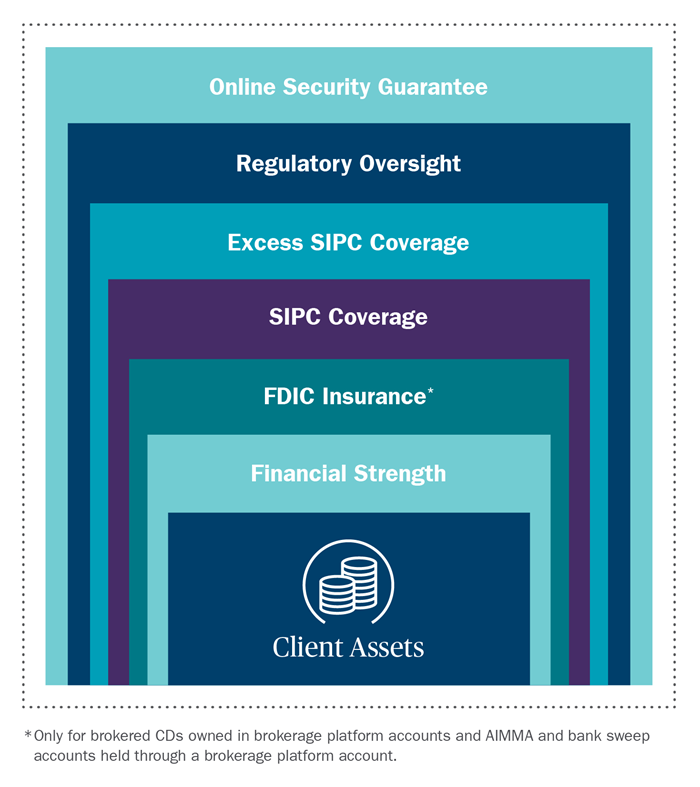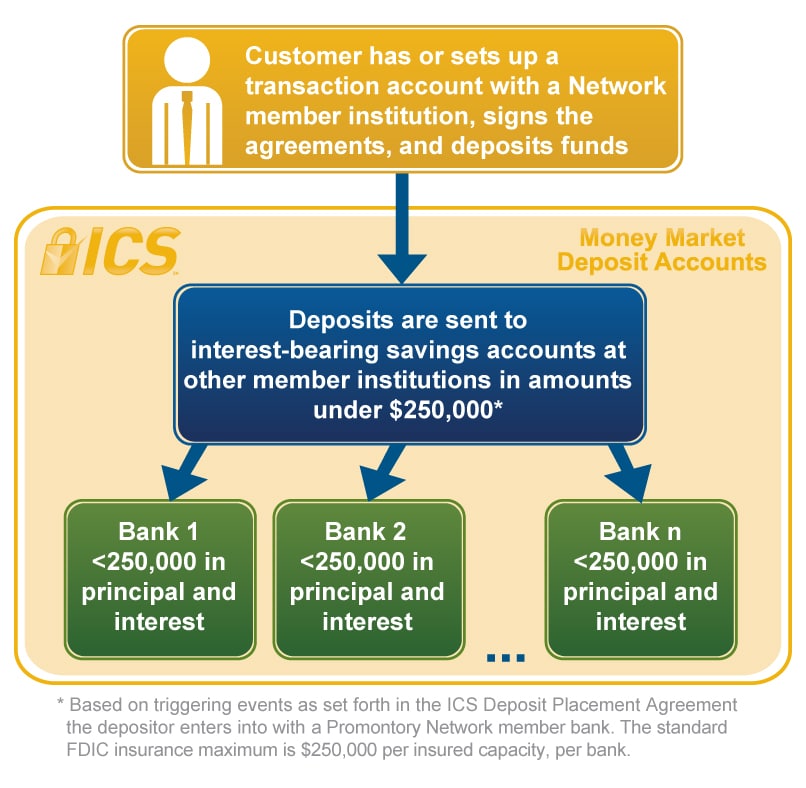A Beginner’s Guide To Understanding Your Credit Score
Are you confused about credit scores? You’re not alone. Many people find it challenging to understand how credit scores work and what factors affect them. However, having a good credit score is essential for obtaining loans, credit cards, and even renting an apartment. In this beginner’s guide, we will break down the basics of credit scores and help you understand how to improve your score. So, let’s get started!
Your credit score is a number that represents your creditworthiness. It is calculated based on your credit history and is used by lenders to determine if you are a good candidate for a loan or credit card. Credit scores range from 300 to 850, with higher scores indicating better creditworthiness. To understand your credit score, you should review your credit report, which is a detailed record of your credit history. You can obtain a free copy of your credit report once a year from each of the three major credit bureaus: TransUnion, Equifax, and Experian. Review your credit report for accuracy and take steps to improve your credit score if needed.

A Beginner’s Guide to Understanding Your Credit Score
Your credit score is one of the most important financial components that you need to understand. It is a three-digit number that is used by lenders to determine your creditworthiness. Understanding your credit score can help you make better financial decisions and improve your overall financial health.
What is a Credit Score?
Your credit score is a numerical representation of your creditworthiness. It is calculated using a complex algorithm that takes into account various factors related to your credit history. The most commonly used credit score model is the FICO score, which ranges from 300 to 850.
Your credit score is based on several factors, including your payment history, credit utilization, length of credit history, types of credit accounts, and new credit inquiries. These factors are weighted differently, and some are more important than others.
Benefits of Understanding Your Credit Score
Understanding your credit score can help you in several ways, including:
- Getting approved for loans and credit cards
- Qualifying for lower interest rates and better terms
- Improving your credit score over time
How Your Credit Score is Calculated
Your credit score is calculated using a complex algorithm that takes into account your credit history. The most commonly used credit score model is the FICO score, which is based on the following factors:
- Payment History (35%) – This factor looks at whether you have made on-time payments on your credit accounts.
- Credit Utilization (30%) – This factor looks at how much of your available credit you are using.
- Length of Credit History (15%) – This factor looks at how long you have had credit accounts open.
- Types of Credit (10%) – This factor looks at the different types of credit accounts you have, such as credit cards, loans, and mortgages.
- New Credit Inquiries (10%) – This factor looks at how many new credit inquiries you have made recently.
What is a Good Credit Score?
A good credit score can vary depending on the credit score model being used. In general, a FICO score of 670 or higher is considered a good credit score. However, some lenders may have different criteria for what they consider to be a good credit score.
Benefits of a Good Credit Score
Having a good credit score can provide several benefits, including:
- Qualifying for lower interest rates on loans and credit cards
- Getting approved for loans and credit cards with better terms
- Improving your chances of getting approved for an apartment or rental property
- Lowering your insurance premiums
What Can Hurt Your Credit Score?
Several factors can hurt your credit score, including:
- Missed or late payments on your credit accounts
- Maxing out your credit cards or using too much of your available credit
- Closing credit accounts that have a long credit history
- Applying for too many new credit accounts in a short period of time
How to Improve Your Credit Score
Improving your credit score takes time and effort, but it is possible. Here are some tips for improving your credit score:
Pay Your Bills on Time
Paying your bills on time is one of the most important things you can do to improve your credit score. Set up automatic payments or reminders to help you stay on top of your bills.
Reduce Your Credit Card Balances
Reducing your credit card balances can help improve your credit score. Try to keep your credit utilization below 30% of your available credit.
Don’t Close Old Credit Accounts
Closing old credit accounts can hurt your credit score. Keep your old credit accounts open, even if you are not using them.
Check Your Credit Report
Check your credit report regularly to make sure there are no errors or fraudulent accounts. You are entitled to one free credit report per year from each of the major credit bureaus.
Conclusion
Understanding your credit score is crucial for your financial health. By knowing what factors affect your credit score and how to improve it, you can make better financial decisions and achieve your financial goals. Remember, improving your credit score takes time and effort, but it is worth it in the long run.
Frequently Asked Questions
What is a credit score?
A credit score is a numerical representation of your creditworthiness. It is used by lenders to determine how likely you are to repay debts on time. The score is calculated based on information in your credit report, including your payment history, amount owed, length of credit history, new credit, and types of credit used.
Your credit score can range from 300 to 850. A high score indicates that you are a low-risk borrower, while a low score indicates that you are a high-risk borrower.
Why is my credit score important?
Your credit score is important because it can affect your ability to get approved for loans, credit cards, and other forms of credit. A high score can help you qualify for lower interest rates and better terms, while a low score can result in higher interest rates and less favorable terms.
Your credit score is also used by landlords, employers, and insurance companies to evaluate your reliability and trustworthiness.
How can I improve my credit score?
There are several steps you can take to improve your credit score. First, make sure you pay all of your bills on time. Late payments can have a significant negative impact on your score.
Next, try to pay down any outstanding debts. High levels of debt can also lower your score. You should also avoid opening too many new credit accounts at once, as this can be seen as a sign of financial instability.
Finally, monitor your credit report regularly and dispute any errors or inaccuracies. You are entitled to one free credit report per year from each of the three major credit bureaus.
How often is my credit score updated?
Your credit score is updated each time new information is added to your credit report. This can include new credit accounts, payment history, and changes to your personal information.
However, the frequency of updates can vary depending on the credit bureau and the lender. Some lenders may report to the bureaus monthly, while others may do so less frequently.
Can I check my credit score for free?
Yes, you can check your credit score for free through several different methods. Many credit card companies offer free credit score monitoring as a perk for their customers. You can also get a free credit report from each of the major credit bureaus once per year at AnnualCreditReport.com.
It’s important to note that while these services are free, they may not provide you with your actual FICO score, which is the most commonly used score by lenders. However, they can still give you a good idea of where you stand and help you identify areas for improvement.

A Beginner’s Guide To Understanding & Improving Credit Score
In conclusion, understanding your credit score is an essential step towards financial stability. By knowing your score and how it’s calculated, you can take control of your finances and make informed decisions about borrowing and spending. Remember that your credit score is not set in stone, and you have the power to improve it over time.
One of the best ways to maintain a good credit score is to make timely payments on your debts. This includes credit cards, loans, and other forms of credit. Additionally, keeping your credit utilization low and avoiding too many new credit applications can also help boost your score.
Finally, don’t be afraid to seek help if you need it. There are many resources available to help you improve your credit score, including credit counseling services and financial advisors. With a little effort and determination, you can take control of your credit score and build a strong financial future.
:max_bytes(150000):strip_icc()/bank-47189639b37541338a6f383147cba708.jpg)

:max_bytes(150000):strip_icc()/how-can-i-easily-open-bank-accounts-315723-FINAL-3547624de9a648379a90fe38c68a2f7c.jpg)






